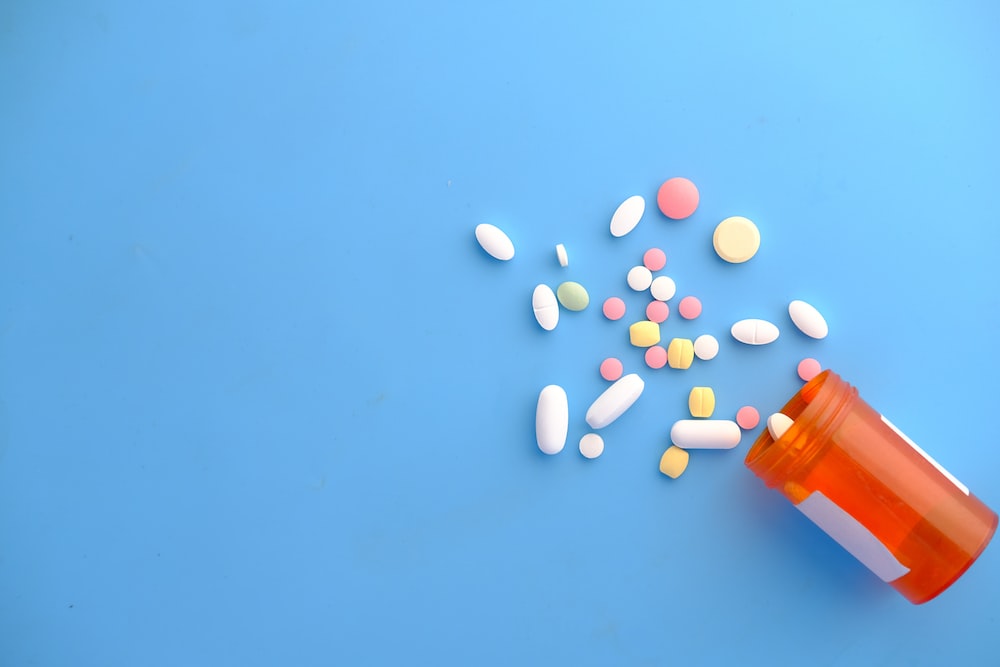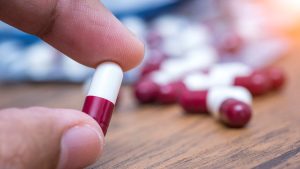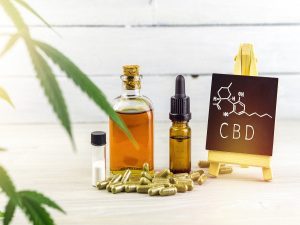Given the diagnosis of insulin resistance and associated metabolic abnormalities, the patient was counseled on lifestyle modifications, including dietary changes and regular exercise. Additionally, the patient expressed interest in exploring complementary therapies and OTC supplements for insulin resistance and glucose metabolism.
Medical History: The patient presented with a history of obesity (BMI 32 kg/m²) and newly diagnosed insulin resistance based on elevated fasting blood glucose levels (110 mg/dL) and impaired glucose tolerance test results.
Presenting Complaints:
The patient reported symptoms of fatigue, increased thirst, and frequent urination, prompting evaluation for metabolic abnormalities.
Clinical Assessment:
Upon clinical assessment, the patient exhibited signs of central adiposity and metabolic syndrome, including elevated blood pressure (140/90 mmHg), elevated triglycerides (200 mg/dL), and low HDL cholesterol levels (35 mg/dL). Laboratory investigations confirmed insulin resistance, with elevated fasting insulin levels (25 µU/mL) and a HOMA-IR index of 3.5.
Supplement Regimen:
The patient was initiated on a supplement regimen consisting of the following OTC supplements:
- Berberine (500 mg, twice daily)
- Alpha-lipoic acid (600 mg, once daily)
- Cinnamon extract (1000 mg, once daily)
- Chromium picolinate (200 mcg, once daily)
- Omega-3 fatty acids (1000 mg, once daily)
- Magnesium (400 mg, once daily)
Follow-Up and Outcomes:
The patient was followed up regularly over a period of three months to assess the response to the supplement regimen and monitor metabolic parameters. At each visit, the patient reported adherence to the supplement regimen and provided feedback on symptomatology and well-being.
Outcome Measures:
- Improvement in fasting blood glucose levels
- Changes in insulin sensitivity indices (HOMA-IR)
- Changes in lipid profile (triglycerides, HDL cholesterol)
- Assessment of tolerability and adverse effects associated with supplements
Results:
After three months of supplementation, the patient demonstrated significant improvements in metabolic parameters:
Fasting blood glucose levels decreased to 95 mg/dL.
Insulin sensitivity indices improved, with a reduction in fasting insulin levels (15 µU/mL) and a decrease in the HOMA-IR index to 2.0.
Lipid profile showed favorable changes, with a reduction in triglyceride levels (150 mg/dL) and an increase in HDL cholesterol levels (45 mg/dL).
The patient reported subjective improvements in energy levels, mood, and overall well-being, with no significant adverse effects noted.
Conclusion:
In this case report, the use of supplements for insulin resistance in conjunction with lifestyle modifications resulted in significant improvements in metabolic parameters and subjective well-being in a patient. While further research is warranted to validate these findings, this case highlights the potential role of OTC supplements as adjunctive therapy in the management of insulin resistance and metabolic syndrome. Individualized treatment approaches incorporating lifestyle interventions and complementary therapies may offer comprehensive support for patients with metabolic disorders.























